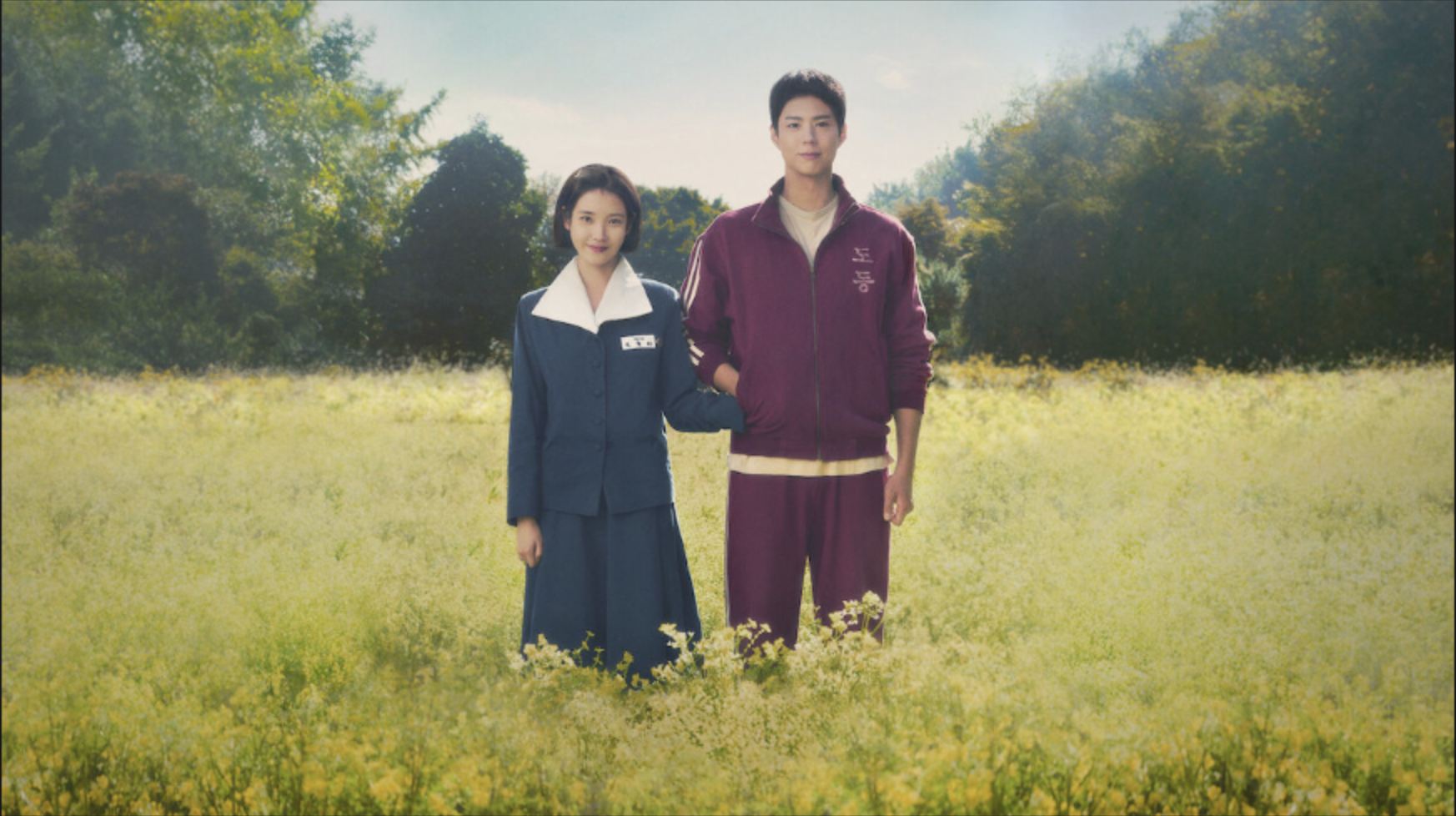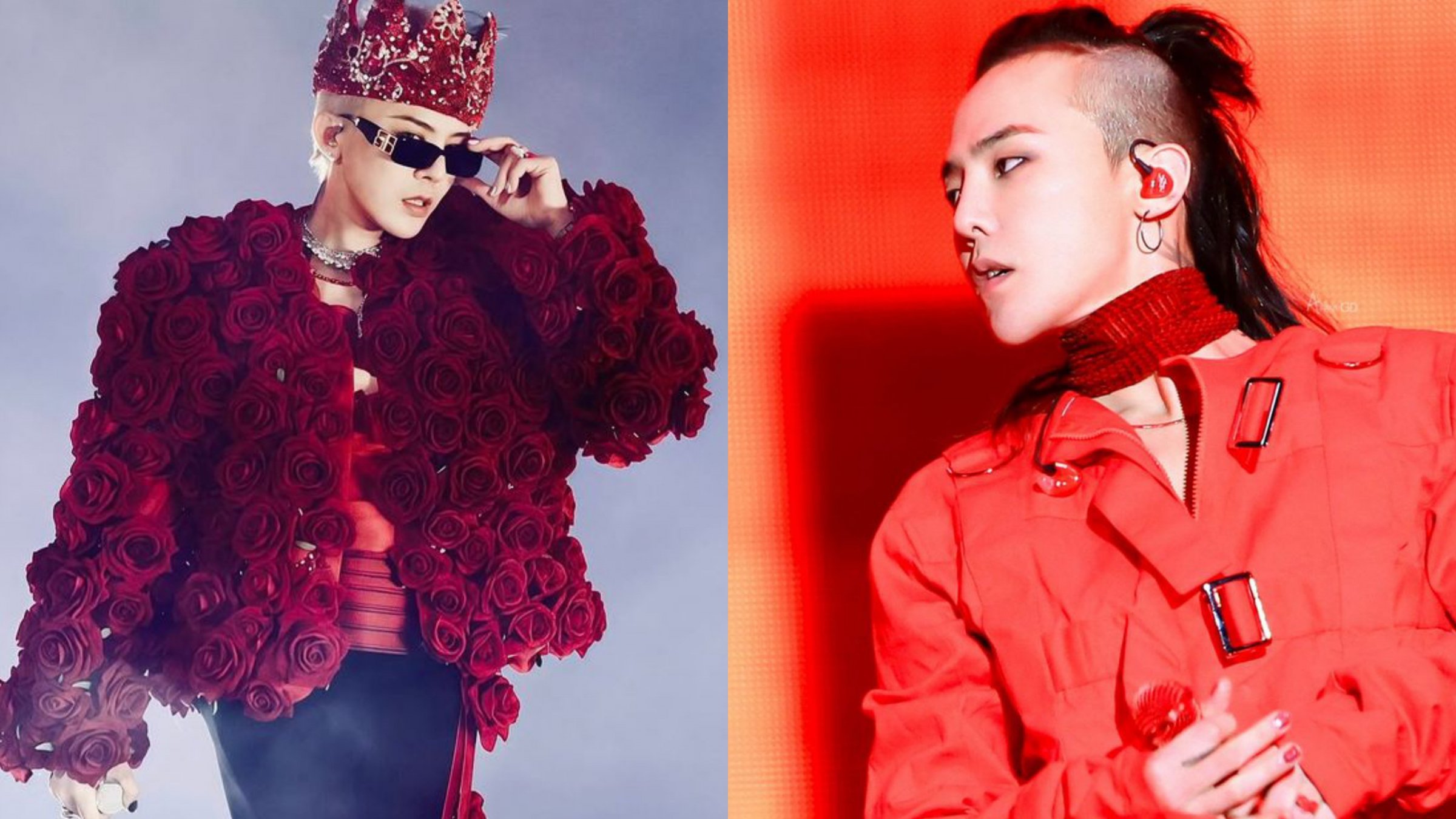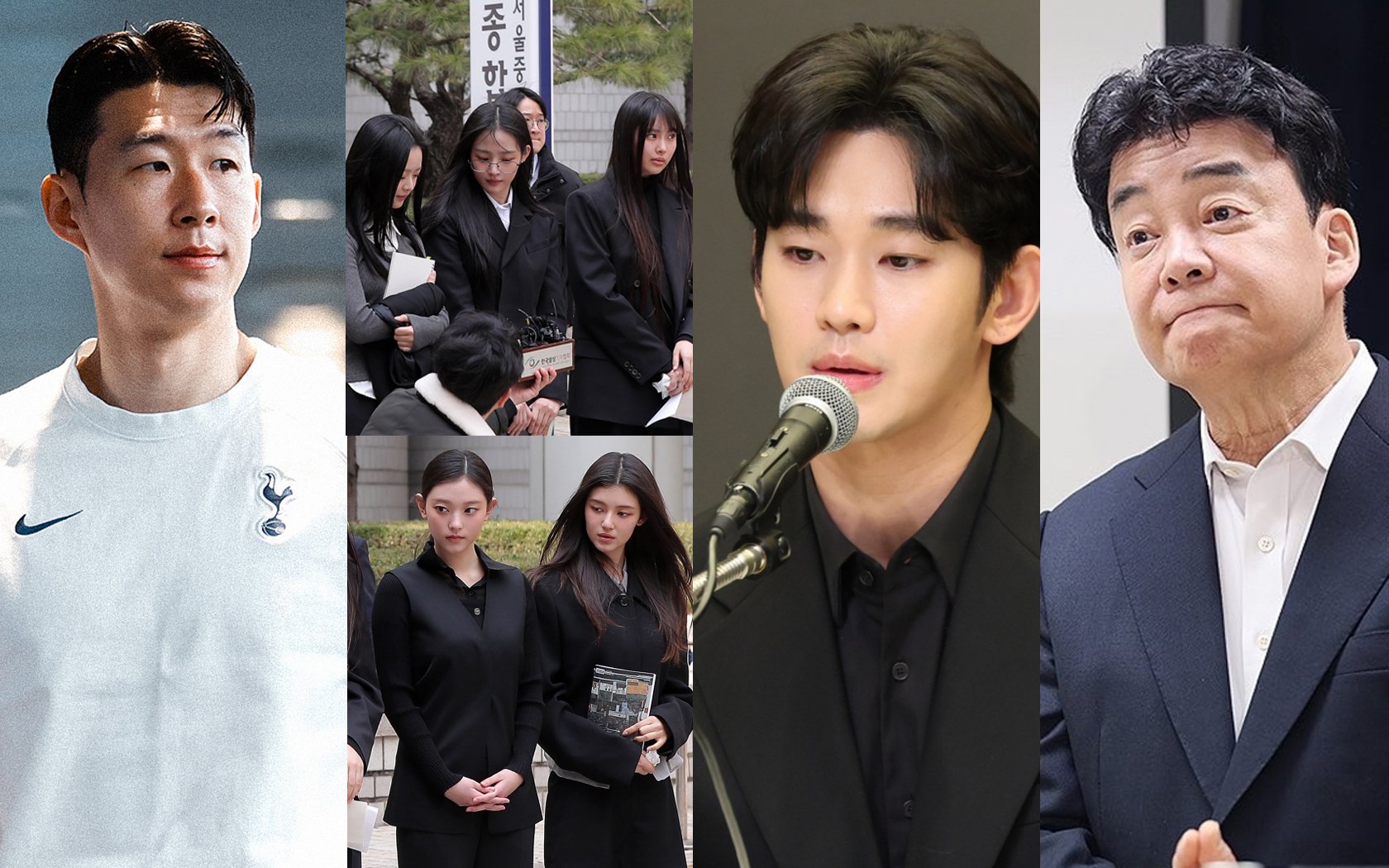The landscape of K-dramas is evolving, moving away from intense plot twists prevalent in earlier titles. Instead, modern dramas are focusing on the theme of healing, emphasizing personal growth and the beauty of everyday life. This shift reflects a broader societal change toward valuing emotional well-being.
Recently, ‘When Life Gives You Tangerines’ has gained significant attention, joining the ranks of other notable titles like ‘Our Blues,’ ‘Welcome to Samdalri,’ ‘Hometown Cha Cha Cha,’ and ‘Daily Dose of Sunshine.’ These dramas resonate with audiences seeking softer narratives that embrace reflection and small joys.
Such dramas create soothing environments, offering a break from high-stakes tensions. Instead, they prioritize slowing down and appreciating what truly matters, tapping into real emotions and reflecting shifting values in contemporary Korean society.
Contemporary K-dramas are increasingly tackling diverse themes. Issues such as mental health, gender identity, social inequality, academic pressures, and career burnout are now central to the narrative. For instance, ‘Daily Dose of Sunshine’ portrays life in a psychiatric ward with compassion, while ‘Welcome to Samdalri’ underscores the idea that your job doesn’t define your worth and that recovery can lead to newfound passion.
While traditional values still hold importance in Korean culture, these narratives are paving the way for more inclusive storytelling. This growing trend of healing-focused K-dramas opens the door for in-depth discussions on gender equality, class disparity, and the emotional struggles individuals face every day, ensuring that the focus is not merely on shocking viewers but on resonating with them.
SEE ALSO: IU unveils concept photos for her upcoming remake album ‘A Flower Bookmark 3’




